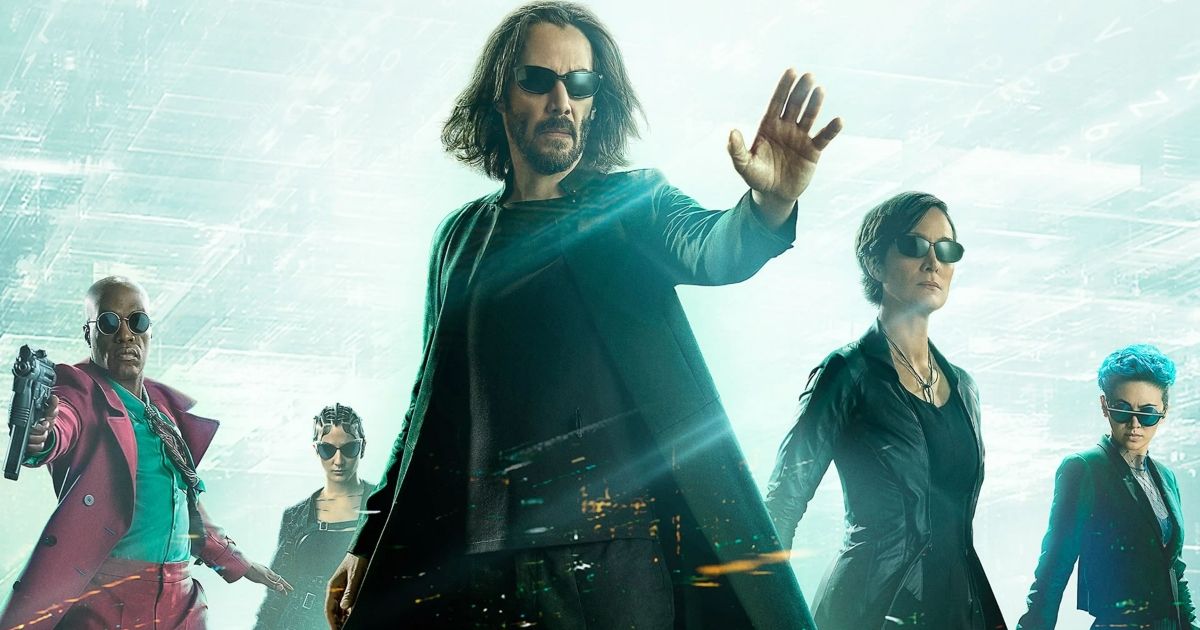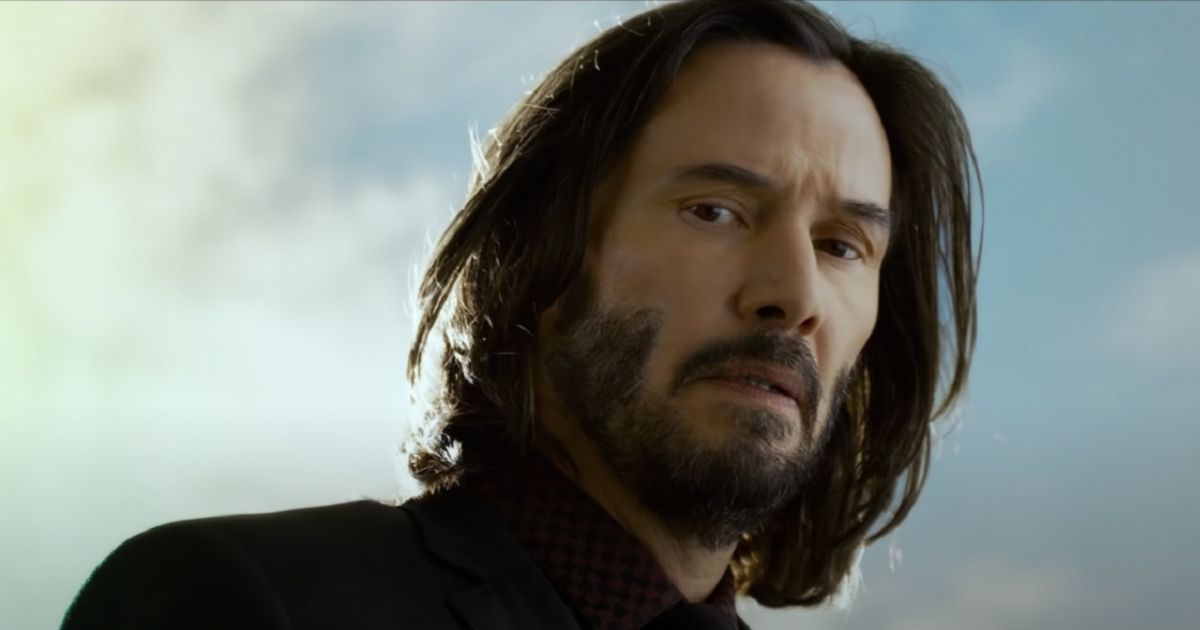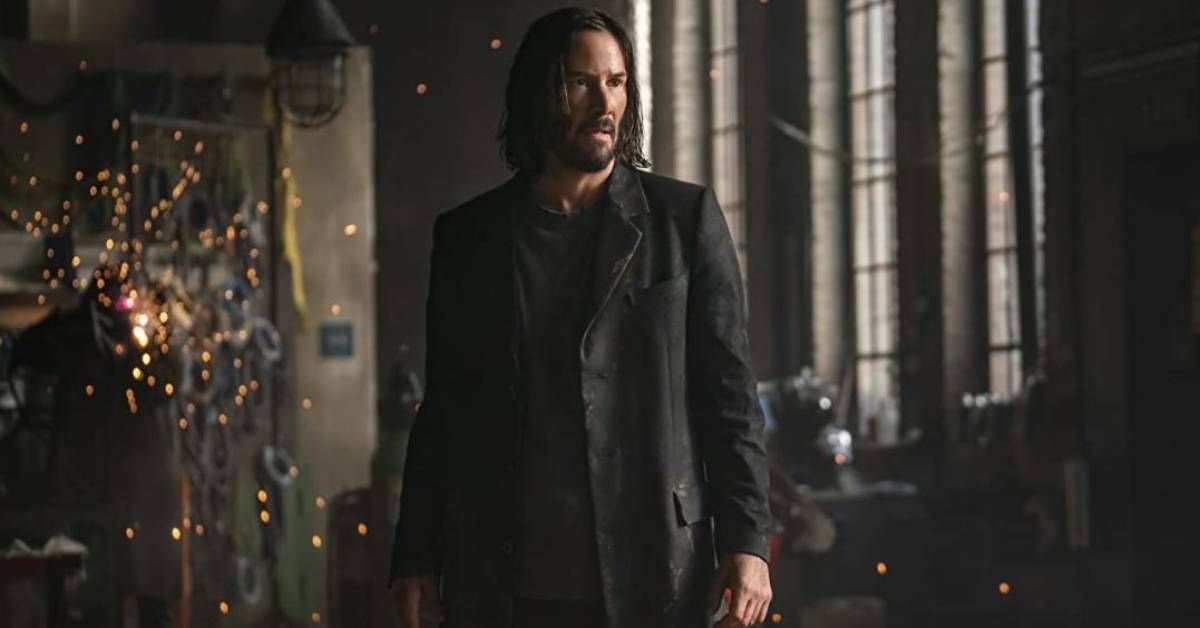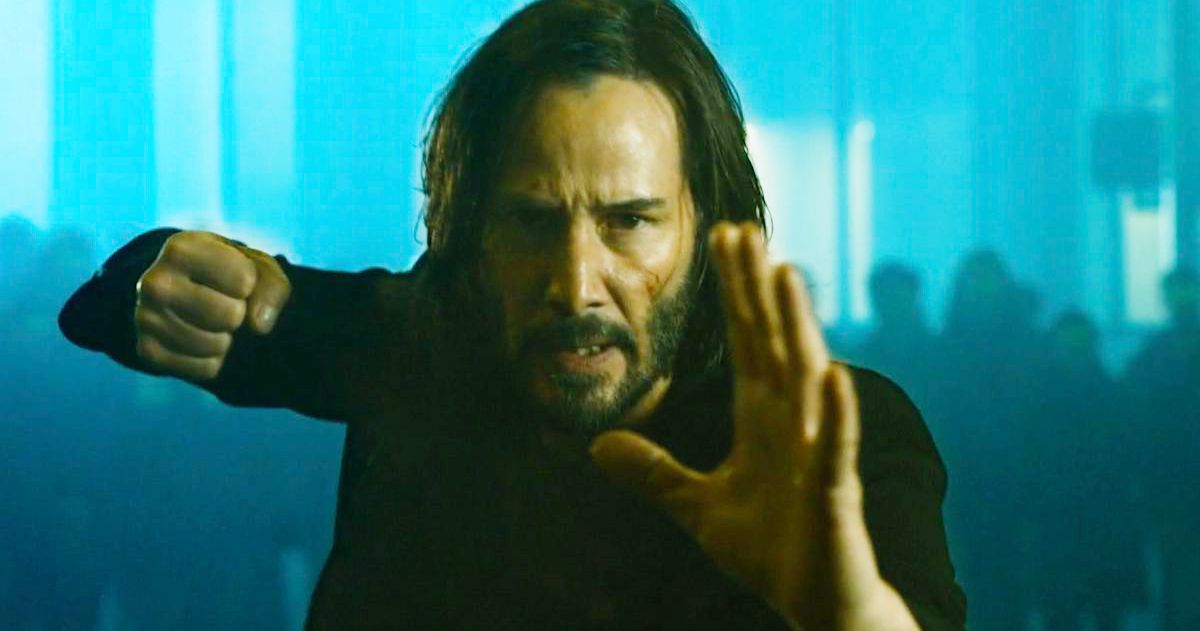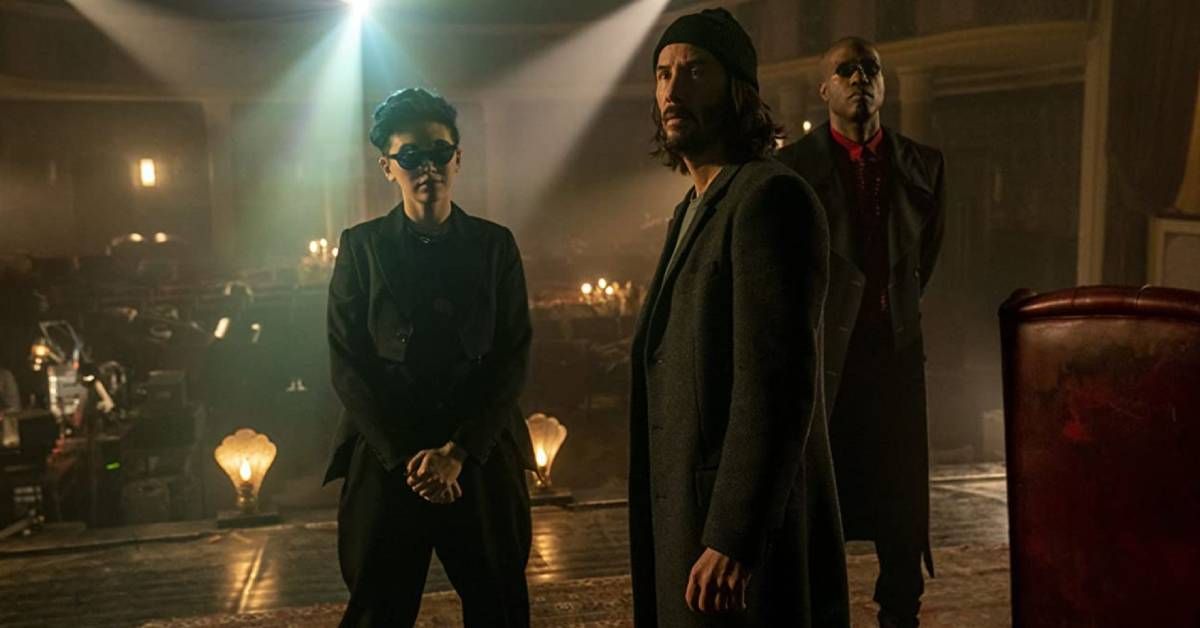Nostalgia is a very powerful sensation especially when it comes to the movies and shows that we love. Many long-running franchises have been rebooted or revisited recently, and The Matrix is among them, with the 2021 sequel The Matrix: Resurrections hitting theaters and HBO Max last December. The film offers up a resolution to the character arcs originated in the series, and also a surprising meta-commentary on the nature of franchises and revisiting the past.
While some sequels heavily traffic in fan service, others do the opposite and build against it. The Matrix Resurrections is one of those sequels that acknowledges its predecessors but manages to comment on and subvert its nostalgic roots. As a follow-up to the original trilogy, The Matrix Resurrection offers both resolution and addresses the nature of toxic nostalgia. Here we break down how this sequel subverts the traditional reboot structure to deliver a strong meta-commentary on franchises in general.
The Matrix Acknowledges The Nature of Franchises
One of Resurrection's most inspired plot points is having Keanu Reeves' Neo become a video game developer who creates a successful video game franchise based off his half-remembered experiences within The Matrix. The film also includes a plot point about Warner Bros. wanting to adapt the games into their own property, both a wink at Resurrection's existence and a critique on the nature of studios constantly rebooting franchises for profit.
By tackling this head-on, Resurrections manages to be self-aware and explore the idea of why people are drawn towards nostalgia even when what it references no longer serves them. The film does have Easter eggs and nods to the original, but also makes an effort to recognize how much its characters and the world they occupy have changed. The satire of studio franchises and Warner Bros. is not only clever but an examination of how many franchises start off as original IP only to be later bought out and utilized for mass profit later on. This commentary is relevant, thanks to it's subversive playfulness, in regard to the current nature of big studio franchises and the constant presence of reboots and revivals.
The Matrix Doesn't Want to Rehash the Originals
For a number of sequels and reboots, it's common to resort to recreating past installments and trying to capitalize off the highs of earlier films. For The Matrix Resurrections, the film wisely decides to avoid mere recreation or a staging of the films' past iconic moments and instead focus more on Neo and Trinity's journey to reuniting with one another. While Resurrections does have some parallel moments to the original and its fair share of references, it devotes a good amount of its runtime to exploring its own narrative possibilities, and could even be considered an inverse of the original trilogy.
The film's main motif is about reconciling with one's past to make way for the future, and the storytelling here adds to this theme by smartly avoiding an overindulgence in fan service but instead continued development and depth regarding its characters. While the film does confront the fandom and influence of the original, it effectively tells its own story about growth and acceptance that falls in line with the other installments without resorting to an all out rehashing of past heights.
Resurrections Was a New Creative Direction
When a franchise has existed for a while, it's easy for it to repeat the same story and character beats. The Matrix: Resurrections understands this and thankfully embarks on its own creative direction. Resurrections deviates away from the all-out war plots of Reloaded and Revolution and aims for a more intimate and personal scope. Resurrections is largely more character-driven than previous sequels, and its conflicts focus more on its character's motivations rather than the end of the world type scenarios explored beforehand.
Resurrection's dramatic stakes lie in Neo and Trinity's resolve to rediscover their identities and the film build off the investment we've gained in them throughout the years. Most later-year sequels seem to be content with simple cameos and continuous bouts of fan service but The Matrix Resurrections decides it wants to truly examine how it's two leads have progressed in the years since. This more personal and introspective perspective allows The Matrix: Resurrections to resonate even deeper with it's fanbase than just a traditional sequel.
The Matrix: Resurrections is Heartfelt
What's largely forgotten about with the latest crop of reboots and franchises is just because one can make a sequel doesn't always mean one should. For Matrix Resurrections there were plenty of reasons this film looked like a bad idea on paper. However, director Lana Wachowski's intentions for the film were surprisingly sincere, as she made Resurrections to deal with feelings of grief and acceptance. Resurrections is a film about making amends with one's past, and this theme allows it to feel more soulful than a typical blockbuster sequel normally does. It's this sense of pathos that allows Matrix Resurrections to feel a genuine part of the franchise rather than another indulgent piece of 'content.'
With this insight in mind, Resurrections is not just a coda to a long-running franchise, but it's the creators' final statement on an emotional journey they've endured in the public eye. With that element at the center, Matrix Resurrections is one of the most compassionate and personal franchise sequels in recent history, with its creator reclaiming the property for good.

